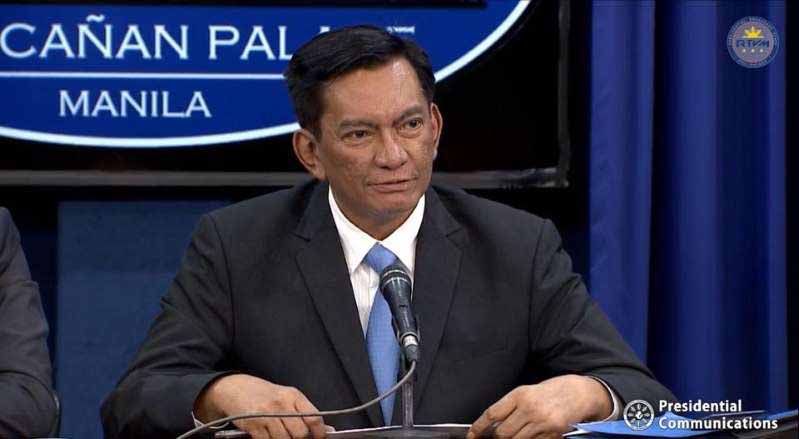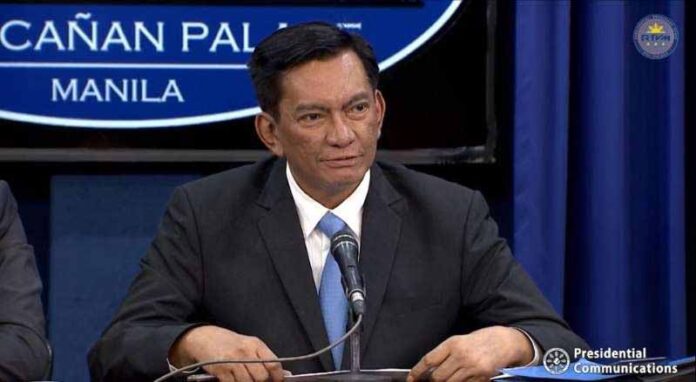
WITH more than a quarter of a trillion pesos lost due to oil smuggling, the chairman of the House Committee on Ways and Means on Monday called for the creation of a task force against the illicit trade in fuel while the Lower Chamber mulls over policy reforms to close loopholes on laws against smugglers.
During a briefing by the Bureau of Internal Revenue and the Bureau of Customs (BOC), Albay Rep. Joey Salceda revealed government lost P357 billion due to fuel smuggling for nearly two decades beginning 2010.
According to Salceda, fuel smuggling is easiest in freeport zones where fuel marking is only conducted at the gates and not upon entry at the freeport and where enforcement is less strict as freeports are outside customs territory.
“We have to do better with enforcement. The working class has no choice but to pay taxes. But the rich receive both legal and illegal tax privileges,” Salceda, chairman of the tax panel, said adding the taxes lost to fuel smuggling alone “is unconscionable.”
“That’s half of everything LGUs [local government units] receive from the national government every year, and four years’ worth of 4Ps [Pantawid Pamilyang Pilipino program],” Salceda said. “Help me fight smuggling. Take care of the enforcement and I’ll take care of the policy. Let’s work together.”
The lawmaker also cited customs bonded warehouses (CBWs) as a potential source of smuggling. CBWs are storage facilities where imported goods can be stored on deferred duties payment.
Citing data from the United Nations Conference on Trade and Development, Salceda said the value of potentially smuggled fuel from 2010 to 2017 was increasing. He noted the fuel marking program under Republic Act 10963 helped lower the probable-value lost to smuggling in 2018.
While smuggling has since been on a slow decline, Salceda said the foregone revenues are increasing as RA 10963 (the Tax Reform for Acceleration and Inclusion, or Train, law) also imposed new excise taxes on fuel.
“While fuel marking has helped lower smuggling, the bleeding on the revenue side is still growing because we raised taxes on fuel products in 2018,” Salceda said.
“If you [can’t] capture the ecozone and the customs officers in the CBWs in ecozones, you can practically do whatever you wish with smuggled fuel. That’s trouble. And if our refiners die and we continue to insist on directly imported finished fuel, this problem will also continue to grow,” the lawmaker added.
With this, Salceda tasked the BOC and the Department of Finance (DOF) to form a task force against fuel smuggling, colloquially known as ‘paihi.’
“If you want to know why some gasoline stations can offer prices P10 lower than the competition, look no further than fuel smuggling. It’s real and it happens just under our noses. The opportunity to catch smuggling is everywhere from the port to the gasoline station; so we can if we try,” Salceda said.
“I am urging this task force to be created [to] undertake programs and audits that will catch fuel smuggling,” he added. “Expand the fuel marking program; help us with new policy proposals to close loopholes on fuel smuggling. If necessary, we are willing to expand the budget for surveillance and investigation.”
The lawmaker said a potential policy fix is to prohibit the use of freeports’ privileges given to importers that do not supply to ecozone locators.
“If you’re not supplying to an ecozone locator, why should you be exempt from fuel marking? Why should you even be in a freeport, unless you want to skirt certain regulations?” Salceda asked.
Meanwhile, in a presentation to the committee, Commissioner Rey Leonardo B. Guerrero reported that the BOC seized P10.6 billion smuggled goods, including P1.8 billion illegal drugs, due to the agency’s “intensified” anti-smuggling operations in 2020.
These smuggled goods also include the following: cigarettes and/or tobacco products; agricultural products; general merchandise; vehicles accessories; counterfeit goods; used clothing; steel products; electronics; firearms; alcoholic beverages; medical supplies; jewelry; food; chemicals; wildlife and natural resources; and, currency.
Guerrero, a retired Army general, told lawmakers he would continue and strengthen the BOC’s priority programs against smuggling this year.

